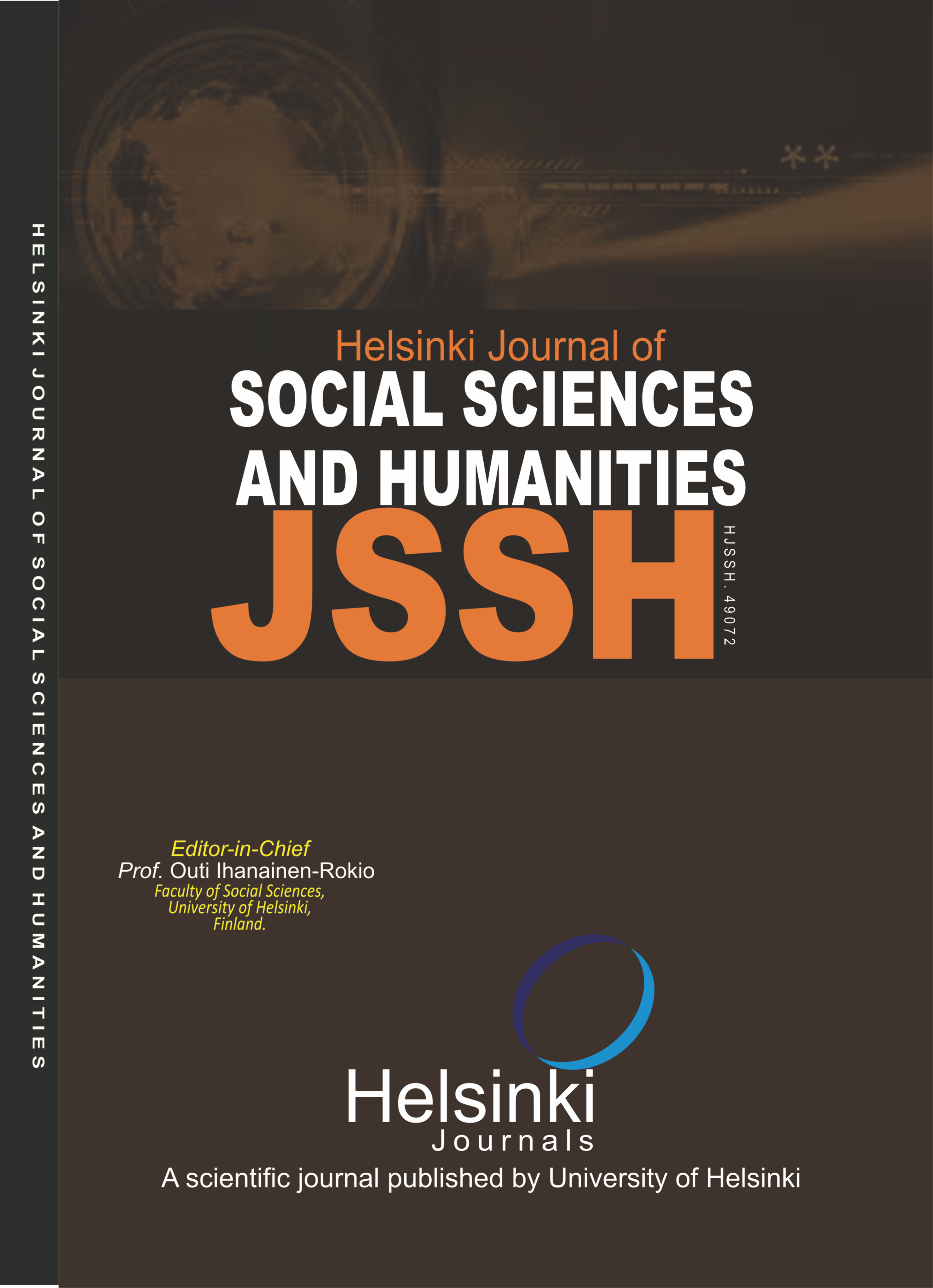HELSINKI JOURNAL OF SOCIAL SCIENCES AND HUMANITIES (HJSSH)
[RE] PERIPHALIZATION, [RE] INCORPORATION, FRONTIERS AND NON-STATE SOCIETIES: DEPICTIONS OF TERRORISM IN AMERICAN (HOLLYWOOD) MOVIES
E-ISSN: 7764-9221
P-ISSN: 3442-3567
DOI: https://iigdpublishers.com/article/567
While vulnerability, uncertainty and insecurity in the life of people are not new, what is new is that their causes and manifestations have multiplied and changed profoundly over the last decade. Examples include civil strife and the proliferation of conflicts, growing inequalities within and among countries further accentuated by globalization, mixed outcomes of poverty reduction efforts, increased mobility of populations and changes in family structures. One of the most important changes associated with the information revolution is a dramatic increase in the interconnectedness of people around the world. In the realm of security, the information revolution brings both good news and bad news, speeding the accumulation of information and slowing the pace of decision making. Rapid change always has winners and losers. For, if the information revolution label means anything, it is an attempt to find some term that can express fundamental shifts in power, in social structures and even in cultural sensibilities that are impacting on all our lives. While they use the team to mean an untruth, it may be more positively understood as meaning the foundational story of a culture or civilisation which explains fundamental natural or social phenomena and is usually invested with a deeper religious or transcendent significance. On the other hand, inequality of power amongst major players was widely viewed as the most viewed as the most fundamental issue on the traditional gender of national security. On the other hand, increasing inequality of condition amongst individuals, groups, and communities is seen as central to the new expanded agenda of new security studies. The methodology of study is that of of a multi-disciplinary approach, involving the fields of history, linguistic, conflict and peace studies. This paper uses as its sources various categories of published and unpublished written materials. Its writing style combines the two basic historical skills of descriptive/narrative and analytical/critical historical writing.
Madugu Alexander Jang PhD, Okey Ibezim PhD & Gerald Bawa
Alfred. O. Scott, (2007). FBI agents solve the terrorist problem. The New York Times, 28 Sept.
Carl Bogs, Tom Pollard. (2007). The Hollywood War Machine. U.S. Militarism and Popular Culture, Boulder, Colo.
Dana Stevens, Glossy Torture. Slate, 10 May, 2021.
Edgar O’Balance, Language of Violence. (1979). The Blood Politics of Terrorism, San Rafael.
4’ Eric Lichtenfeld, Action speaks louder. (2004). Violence, spectacle, and the American action movie, Westport.
